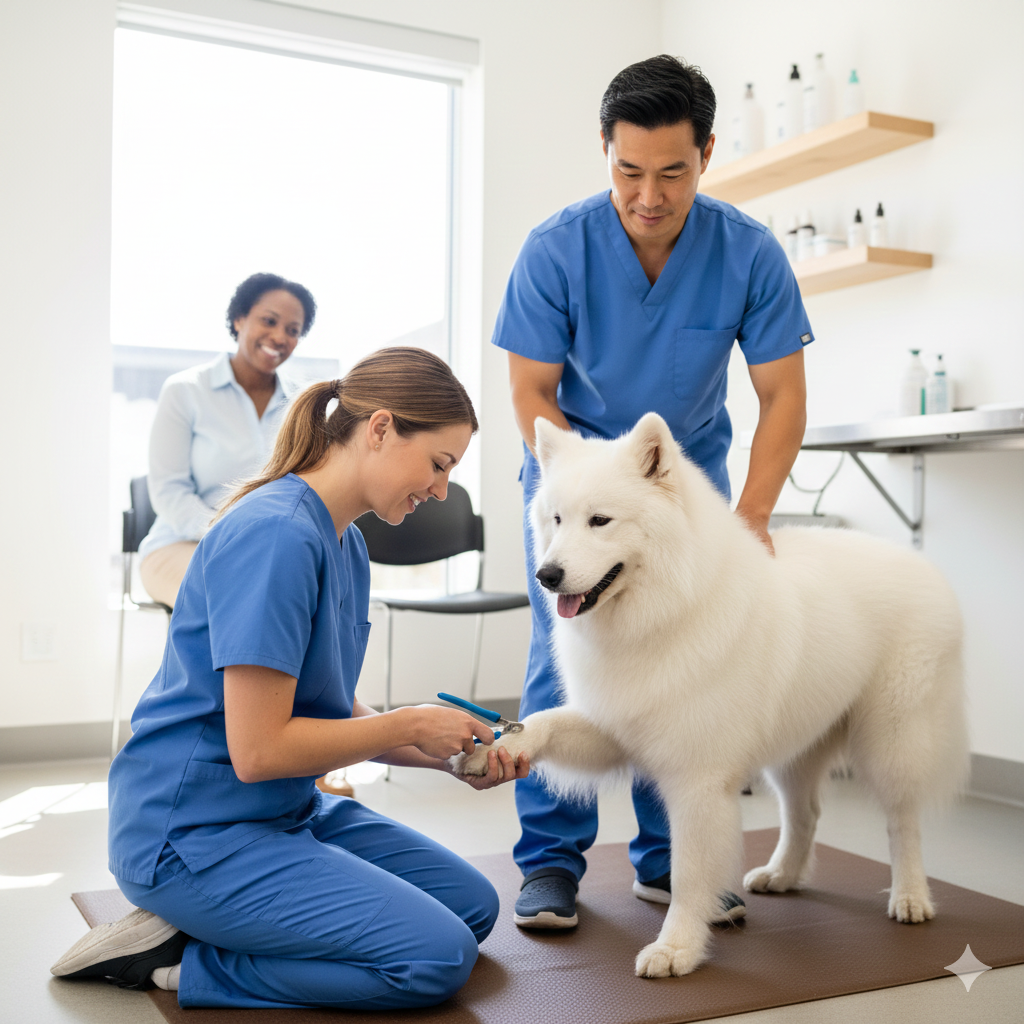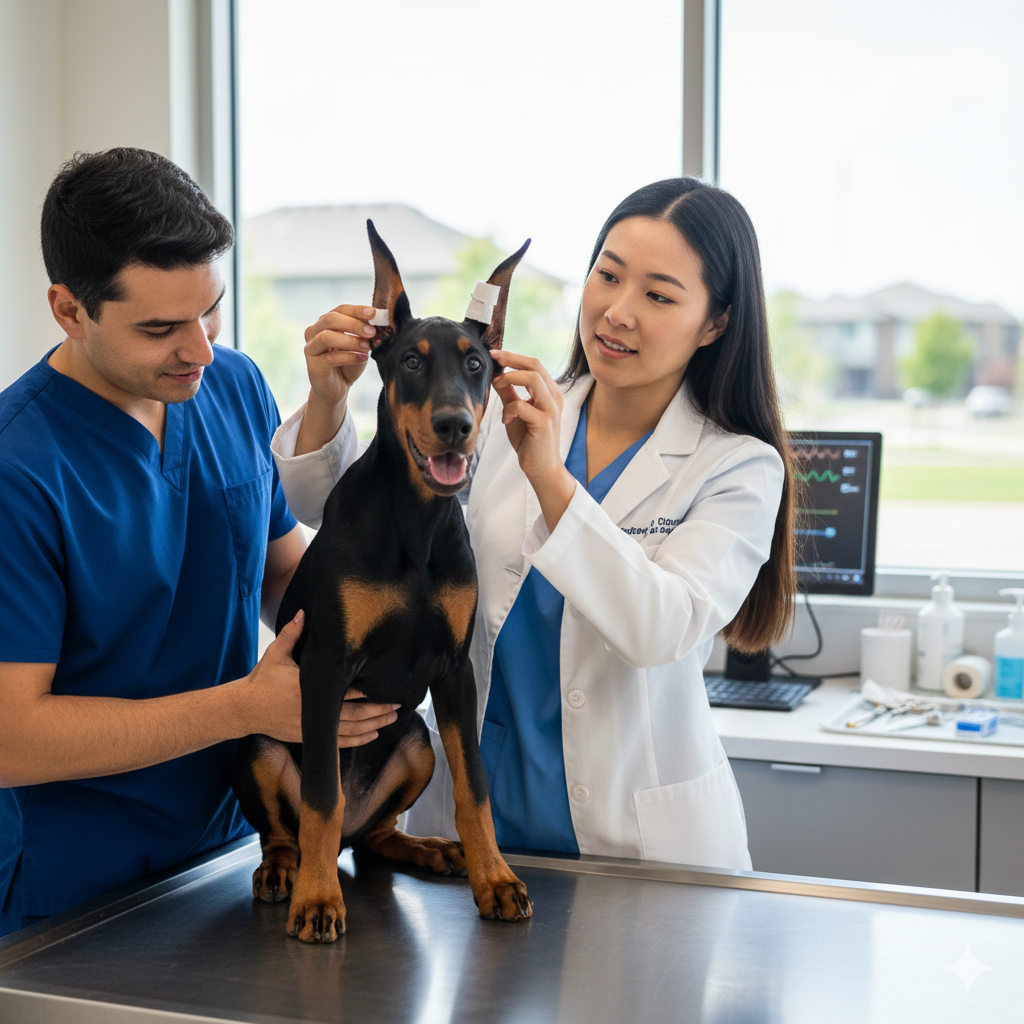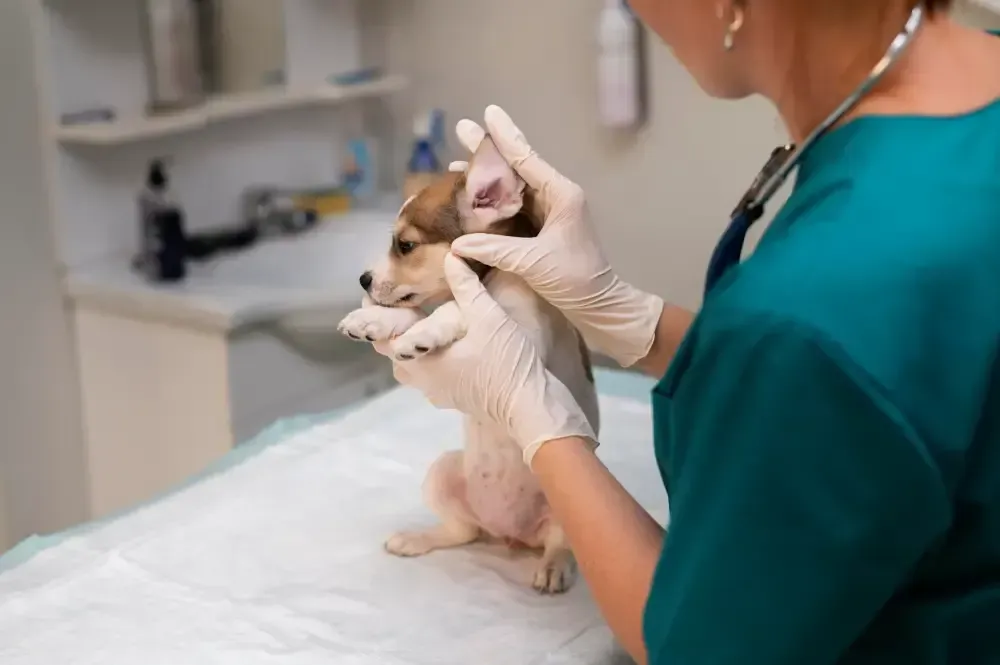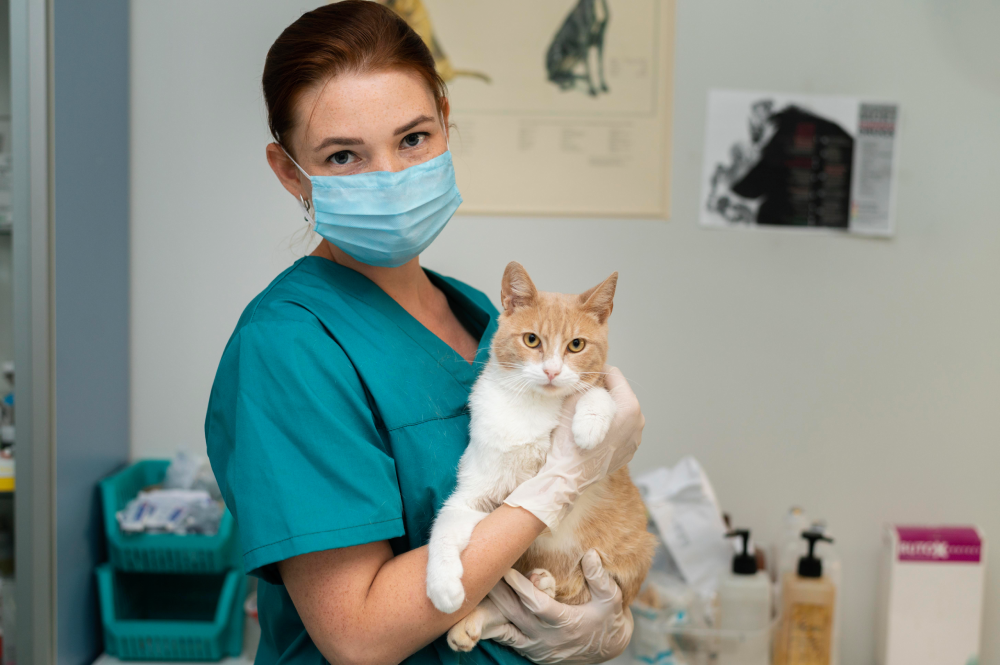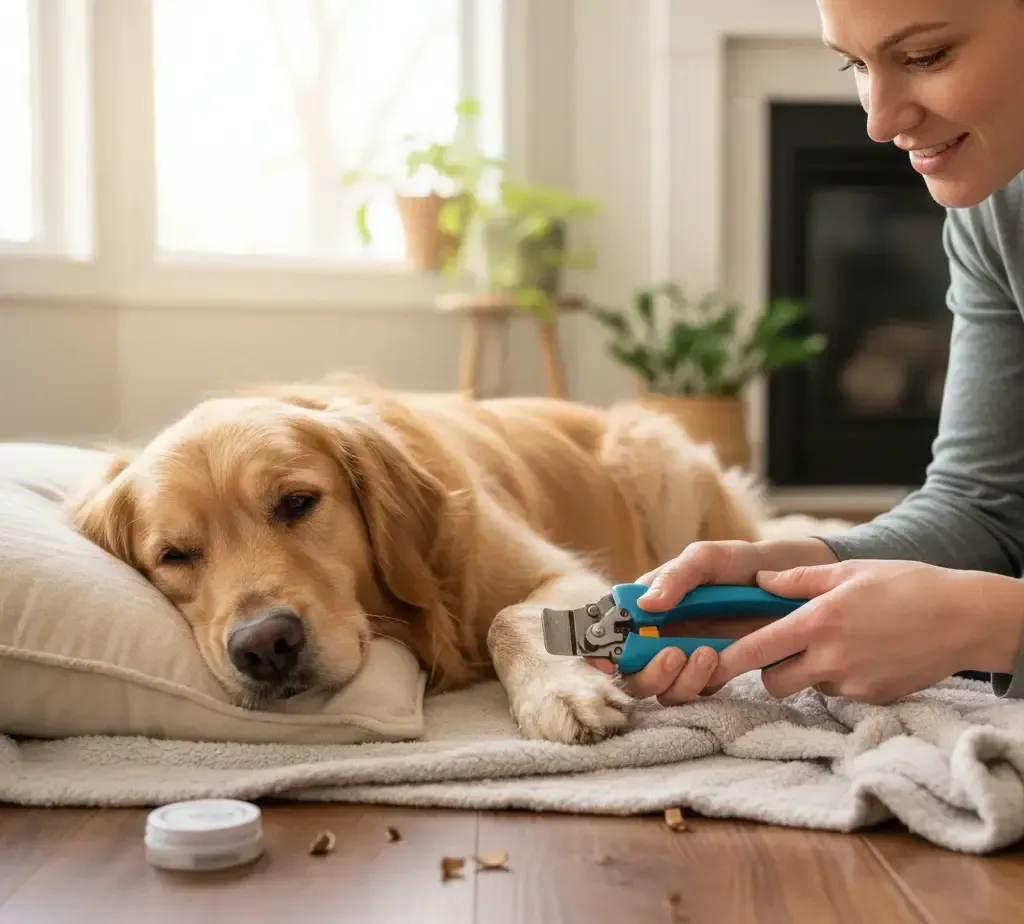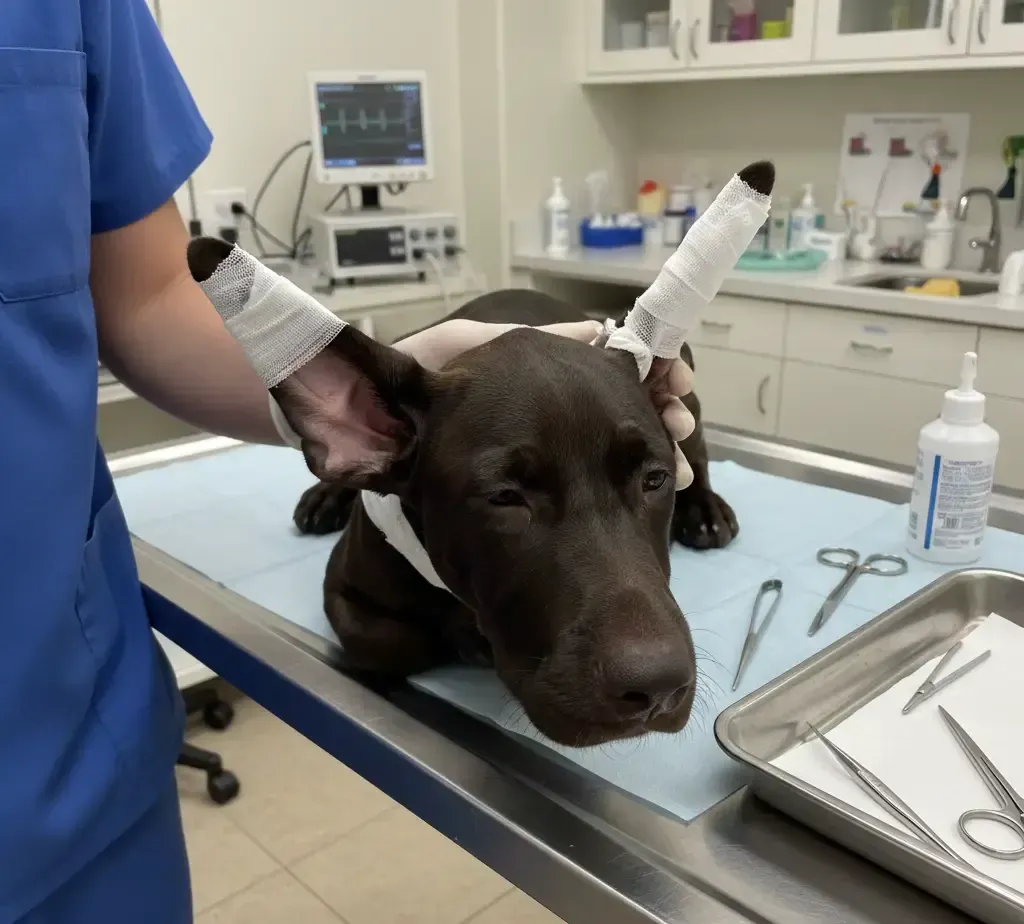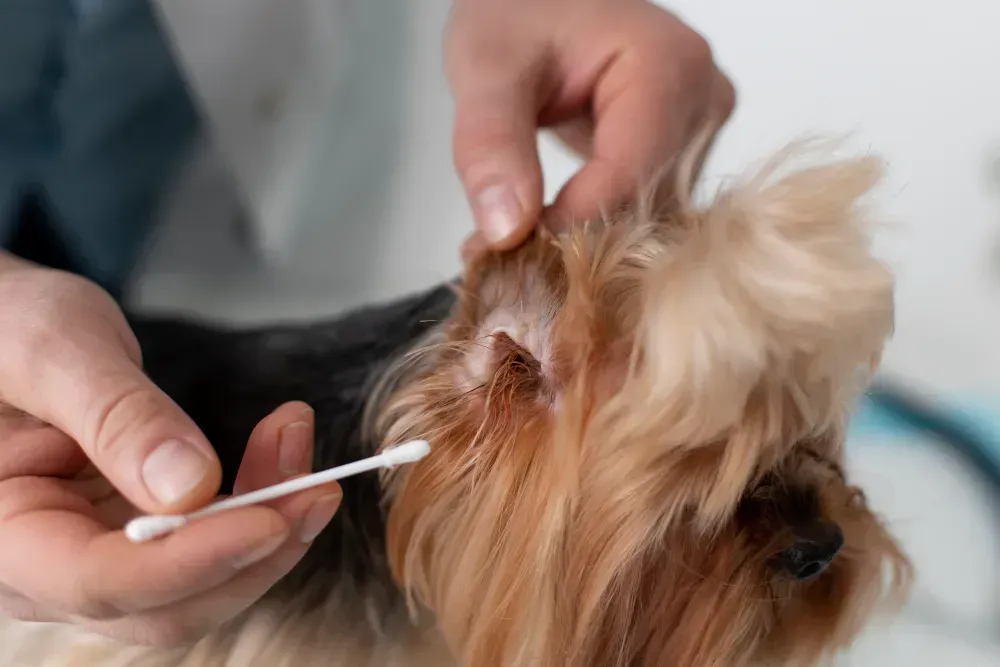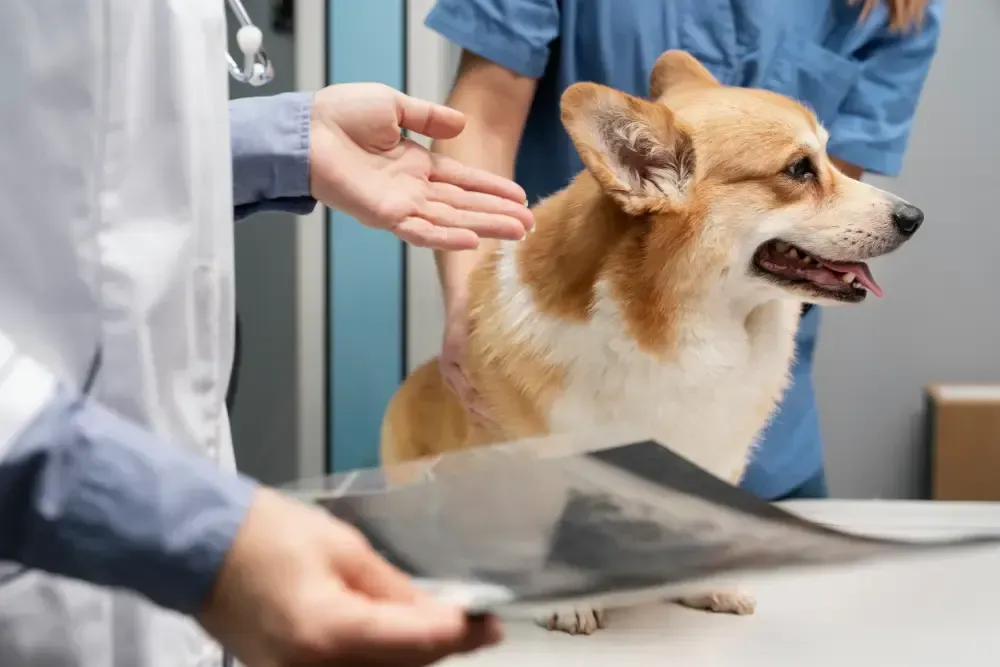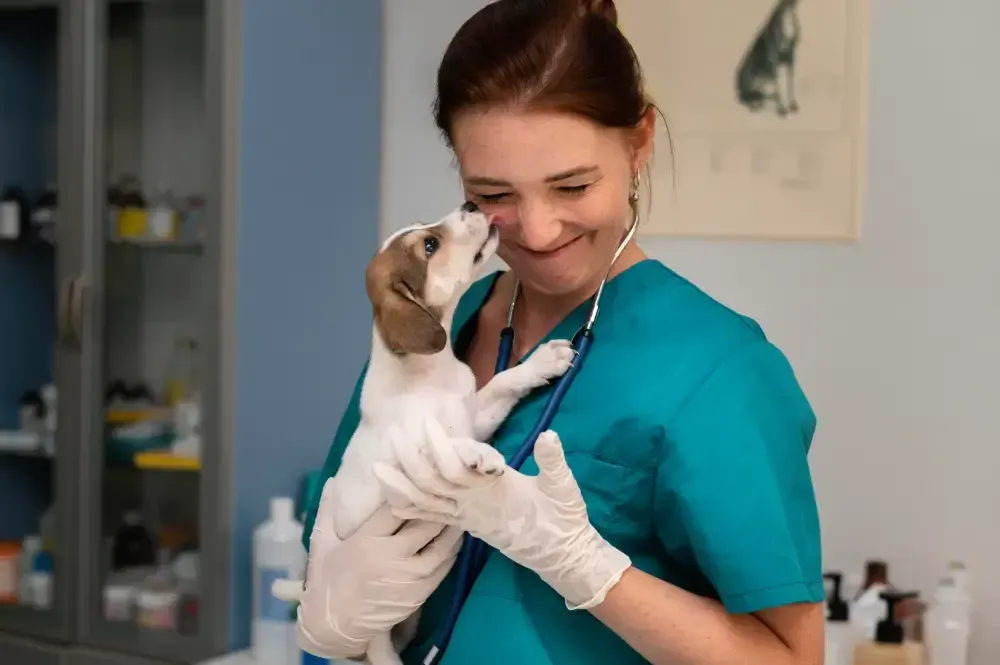Everything You Need To Know About Veterinarians
If you're ever in need of a veterinarian, you know that finding the right one can be difficult. So what's the best way to find a good vet for your pet? This post will outline everything you need to know about
veterinarians and their services. From their education and experience to the types of treatments they offer, we'll give you the inside scoop on what to look for when choosing a vet. Ready to start your search for the perfect vet? Let's get started!
What is a veterinarian?
Veterinarians are doctors who specialize in the treatment of animals. They typically have a Doctor of Veterinary Medicine (DVM) degree, and many also possess additional training in surgery, diagnostics, pharmacology, or nutrition. Veterinarians work primarily with companion animals (dogs and cats). Still, they may also treat small mammals such as ferrets and hamsters, horses, cows, and other livestock, birds, reptiles/amphibians/reptiles (including snakes), fish, and invertebrates.
They play an important role in public health by helping to prevent animal illness from spreading to humans. They also guide raising healthy pets while educating their clients about responsible pet ownership practices. And veterinarians are experts in animals and treat animals with ailments and injuries. They provide preventive care to farm animals such as pigs, cattle, and sheep, which may be found on farms or ranches. A large number of veterinarians work with farm animals within their practice.

What does a veterinary doctor do?
A veterinary doctor is a medical professional specializing in diagnosing, treating, and preventing disease in animals. They often work together with other professionals, such as animal trainers, nutritionists, and carriers, to provide comprehensive care for their patients. State or provincial governments license veterinary doctors to practice medicine and surgery on animals. Many also offer pet insurance coverage and specialize in treating specific types of pets (such as dogs and cats).
The career path for a veterinary doctor can be very rewarding. As the number of people choosing to own pet animals continues to grow, so makes the demand for qualified veterinarians. The Bureau of Labor Statistics projects that the field will experience a growth rate of 21 percent from 2016-2026, which is much faster than average wage growth rates (10%). Veterinary is the first step to becoming a skilled animal caregiver, shelter manager, or animal shelter director. Experience in animal sheltering may benefit applicants who wish to pursue careers that involve working with animals.
How did veterinary medicine develop?
Veterinary medicine has a long and complicated history. It all started with the ancient Egyptians, who recognized that harmful spirits or gods caused diseases. They tried to treat these illnesses by using prayers and magic rituals. Over time, this approach evolved into veterinary science, which is the study of animals and their diseases.
The development of modern veterinary medicine took off during the Middle Ages when humans began trading animals between different parts of the world. This led to new knowledge about how diseases spread among different animal populations, and it also allowed veterinarians to develop new treatments for common ailments like pneumonia in horses.
And Become a veterinary school student based on its design; the veterinary school is designed to produce professional veterinarians. The financial support of the school and curriculum is focused on building professionalism in students preparing for Veterinary School through their training programs. The students can be given lab courses at affiliated colleges or universities according to their education level so as to avoid putting up with extra expenses when he enters the veterinary program.

Types of veterinary care
To provide the best possible care for your pet, you need to be familiar with the different types of veterinary care. This knowledge will help you choose the right treatment for your animal and ensure it receives the best medical attention.
There are types of veterinary care: traditional veterinary medicine, complementary and alternative veterinary medicine (CAVM), and homeopathy. Each has its own set of benefits and drawbacks, so it is important to know which one would be most appropriate for your pet's condition.
Traditional Veterinary Medicine - Trained professionals in traditional veterinary medicine use highly advanced techniques such as x-ray machines, laboratory tests, surgery, and prescription drugs to treat animals. They often rely on front-line workers (veterinarians' assistants) to provide basic support services like collecting patient data during visits or taking blood samples. Traditional veterinarians typically have more experience treating common diseases in dogs and cats than other providers. However, because traditional vets are trained extensively in modern practices, there can also be a greater likelihood that they will recommend an invasive procedure over less radical treatments when needed.
Complementary & Alternative Veterinary Medicine - CAVM practitioners work with conventional veterinarians to combine various therapies into personalized treatment plans. This approach can help reduce any negative side effects from using multiple forms of therapy simultaneously. CAVM practitioners may specialize in treating certain health conditions such as allergies, arthritis, food allergies, or chronic pain.
Homeopathy - Homeopathy is a medicine that uses small doses of substances to treat diseases. Because remedies are diluted many times, homeopaths believe they work by stimulating the body's natural healing processes. Some veterinary professionals consider homeopathy an acceptable form of veterinary treatment when used with other therapies.
Many veterinary clinics are located in cities. The reason why veterinary clinics are mostly in the city is that they have most of the pet population. Veterinarians are also specialized in certain animal types, making them more suitable for animal treatment and diagnosis and performing specific surgery, which takes a lot of skills to perform accurately and safely.
How to find a veterinarian
Finding a veterinarian is essential for your pet's health and well-being. As with any other type of doctor, you must research before choosing one. Here are some tips to help you find the perfect vet for your needs:
- Ask family and friends if they've had good experiences with their vets. Survey local web forums or review online reviews to get an idea of what people believe are the best veterinary practices in your area.
- Check out online directories like The Pet Vet Finder or Veterinary Listing Services (VLS) to see which veterinarians have been featured recently. Are there any that stand out specifically? Try calling each vet listed to ask about their services and experience with different types of pets.
- Go through rating websites like Yelp or Angie's List to read customer reviews before making an appointment. This will help you decide whether a particular clinic is right for your animal(s).
What benefits of the veterinarian to the animals?
Veterinarians are experts in treating animals and their diseases. They provide comprehensive care for domesticated and wild animals, from dogs and cats to horses and cows. Veterinarians also work with wildlife, such as snakes, birds, deer, elk, hedgehogs, ferrets... the list goes on!
There are many benefits of having a veterinarian in your life. Here are just a few:
-They can diagnose medical problems early on so that you don't have to worry about them worsening.
-They can prescribe treatment for common ailments like fleas or ear infections.
-Their experience is often necessary when it comes to handling dangerous or aggressive pets.
-They know how to handle difficult cases (like euthanizing an animal) in a humane way that respects the animal's dignity.
-They can provide invaluable advice on pet care in general, including feeding, exercising, and the food safety of your animal.
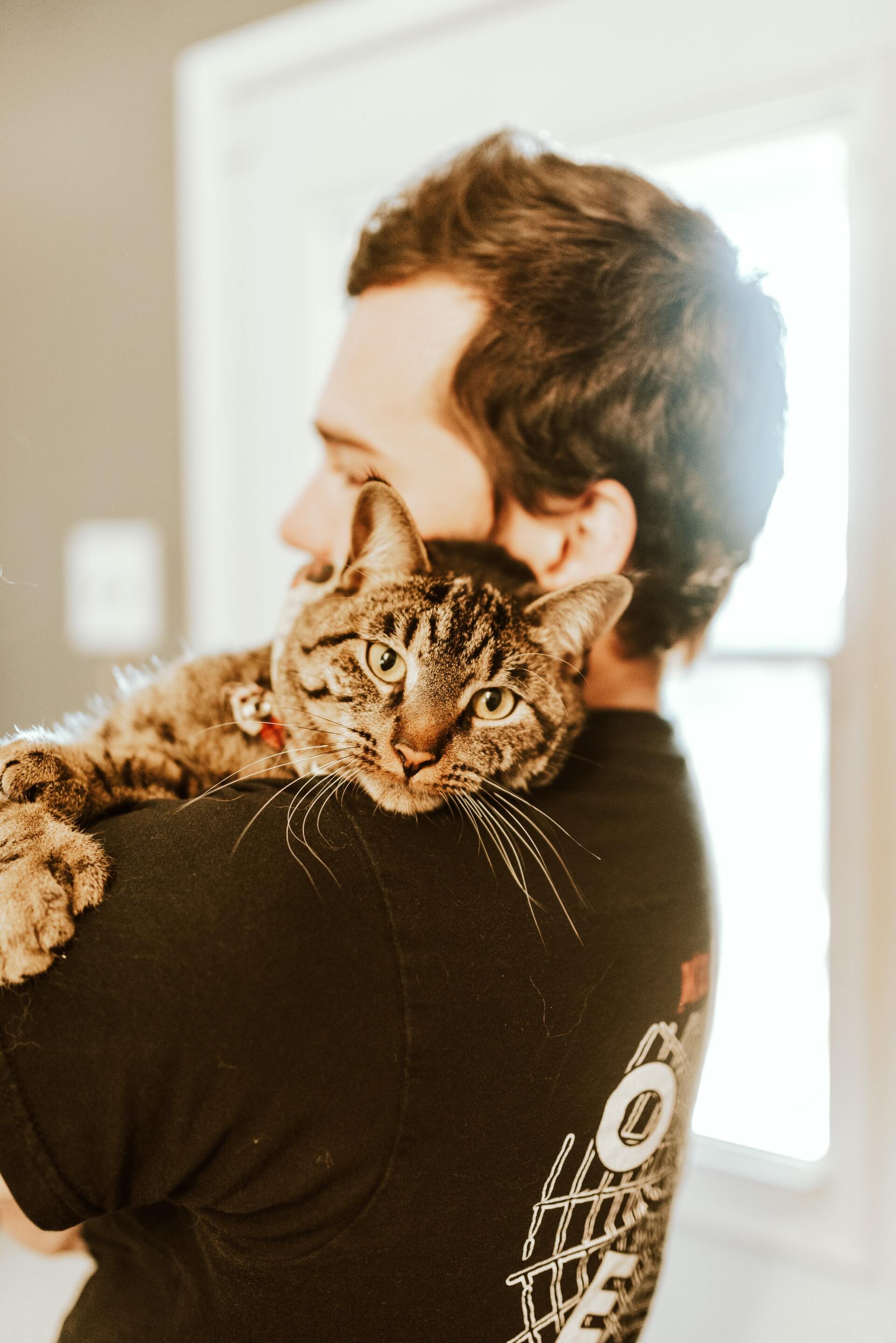
Final Thoughts
As a pet owner, you should ensure your veterinarian’s services are on hand in an emergency. Not only will they be able to provide vital medical care for your animal, but veterinarians can also prescribe medications and treat livestock if necessary.
At Normandy Animal Hospital, our veterinarians are available to answer any of your veterinary questions. If you have a healthy pet acting normally but are still concerned about its health, please contact us for a consultation. We want to be sure that we provide the best possible care for your animals.
